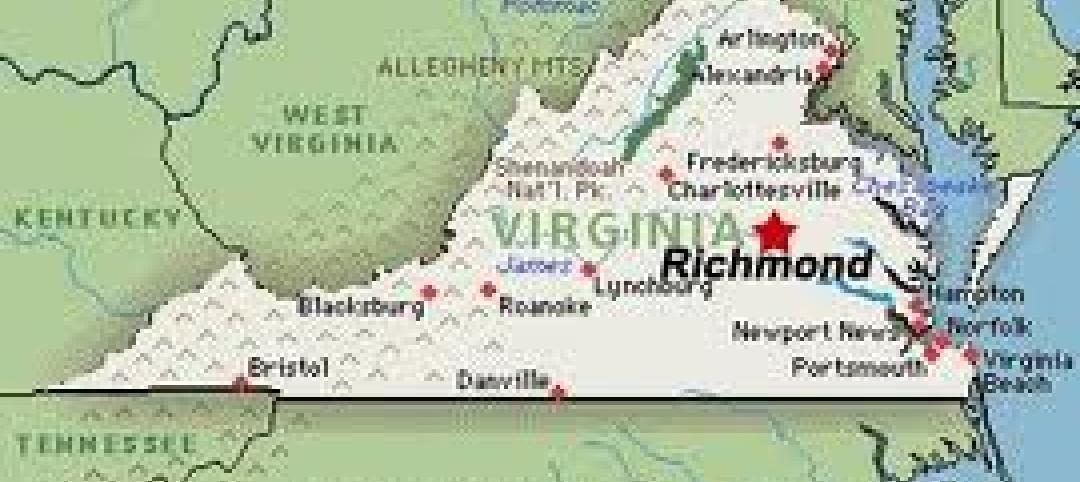A plan to preserve one of Chicago’s most rapidly gentrifying neighborhoods ended in failure when it could not generate community support.
The Pilsen neighborhood, home to Eastern European immigrants in the 19th century and later to newcomers from Mexico, includes ornate “Bohemian Baroque” buildings with brilliant murals expressing the area’s Mexican heritage. The city proposed establishing a historic district to protect more than 850 buildings in Pilsen, but was not able to assuage concerns from neighborhood residents.
The historic district was a part of a larger preservation strategy that included housing supports, economic development measures, park space, and more. Other than some financial support, though, the other measures stalled, prompting suspicion in the neighborhood.
Residents strongly opposed the strategy, fearing that landmarking would not provide relief from displacement and gentrification. Part of the problem: design guidelines on how historic building elements had to be maintained according to the district’s standards were never completed and the city could not present a good estimation on the costs of building repairs nor on the value of incentives that would be available to make repairs.
An important lesson for preservationists is the need to partner with more community development organizations, social justice organizations, housing developers, and planners.
Related Stories
| Feb 23, 2012
Federal budget cuts put major building projects on hold
A plan to build the National Bio and Agro-Defense Facility in Kansas is among several major building projects in jeopardy after the Obama administration’s 2013 budget was unveiled. The budget would cut all construction spending for the facility.
| Feb 23, 2012
Federal agencies fixed on leasing LEED-certified space
The federal government is especially focused on renting LEED-certified spaces.
| Feb 23, 2012
Regulators investigating construction accident at World Trade Center
The New York Port Authority and the city’s fire and building departments are investigating an accident at the World Trade Center construction site in lower Manhattan after a crane dropped steel beams that fell about 40 stories onto the truck that delivered them.
| Feb 23, 2012
New Virginia statewide building code goes into effect March 1
After March 1, all building plans in Virginia must adhere to the 2009 code that was adopted a year ago.
| Feb 23, 2012
Privatizing flood insurance could lead to new code requirements
One thing that could pave the way toward private flood insurance would be NFIP reforms, like requiring new construction in flood-prone areas to be elevated.
| Feb 22, 2012
ACI BIM manual for cast-in-place concrete in development
The improved communication, coordination, and collaboration afforded by BIM implementation have already been shown to save time and money in projects.
| Feb 20, 2012
Comment period for update to USGBC's LEED Green Building Program now open
This third draft of LEED has been refined to address technical stringency and rigor, measurement and performance tools, and an enhanced user experience.
| Feb 20, 2012
GAF introduces web portal for architects and specifiers
The new portal offers a clean look with minimal clutter to make it easier to find the technical information and product data that architects need.















